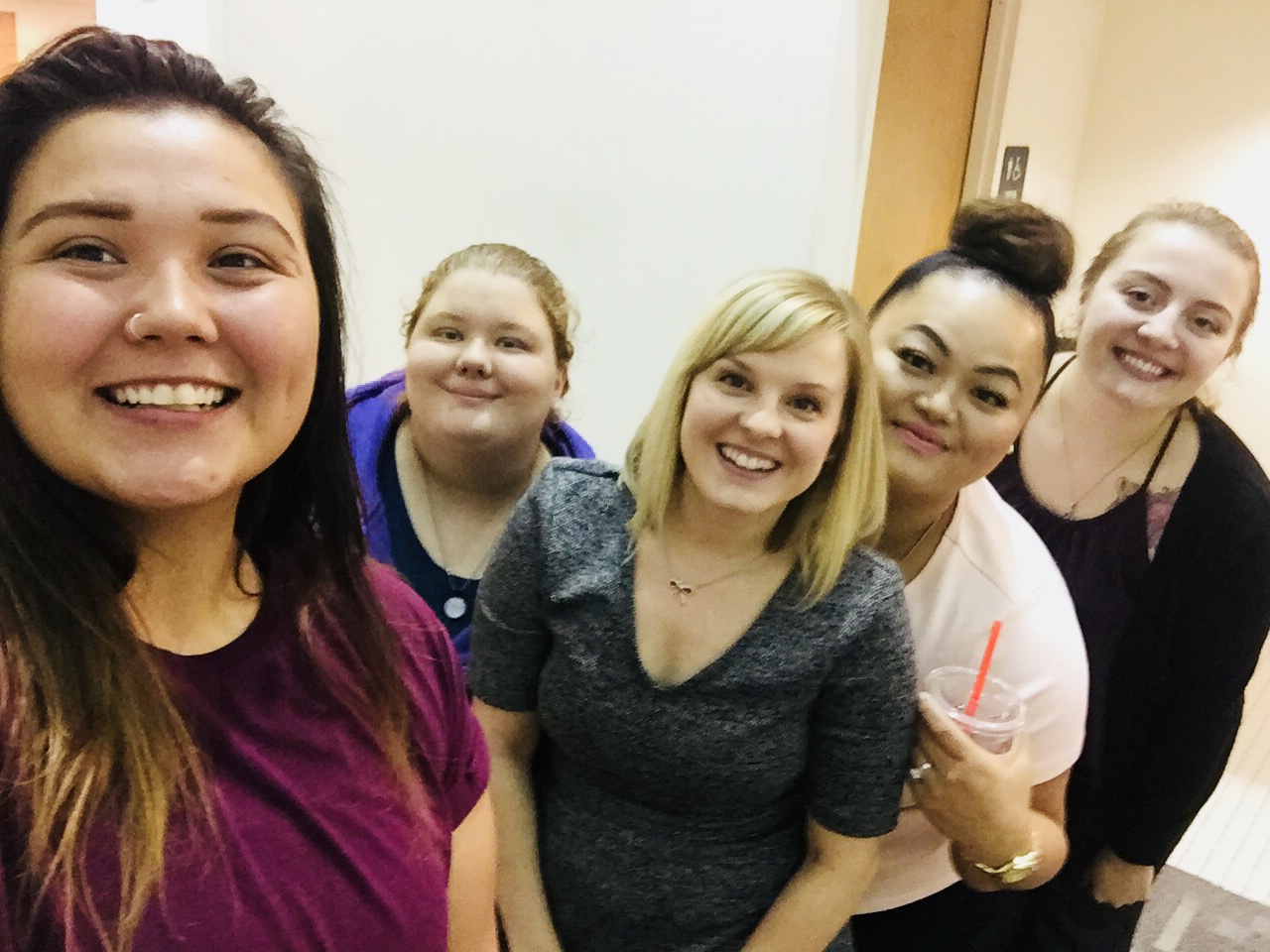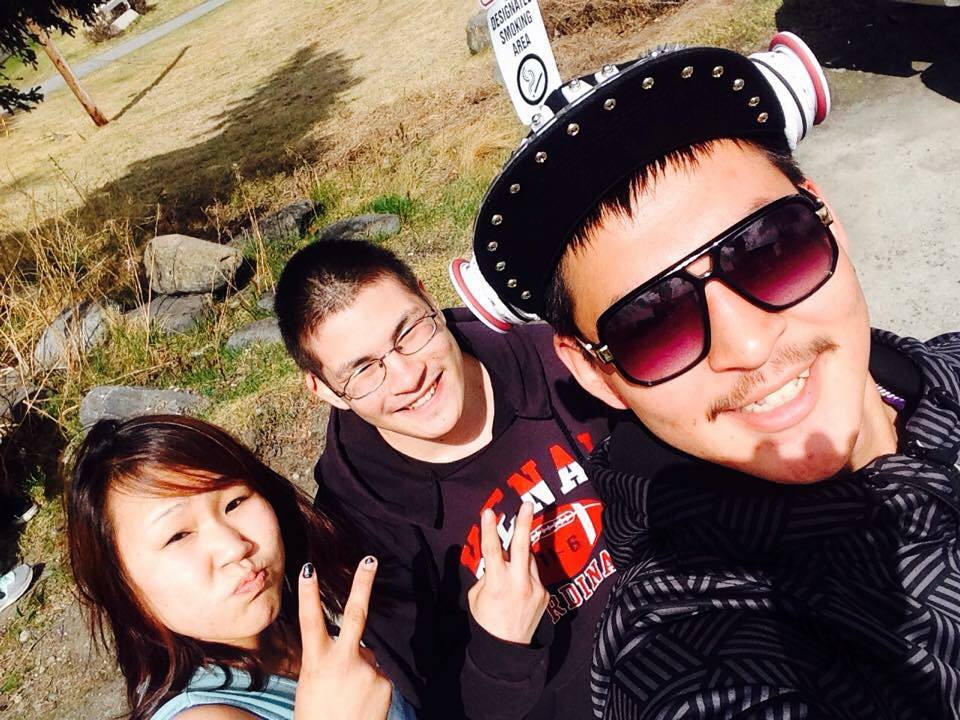
Learn more about FFCA

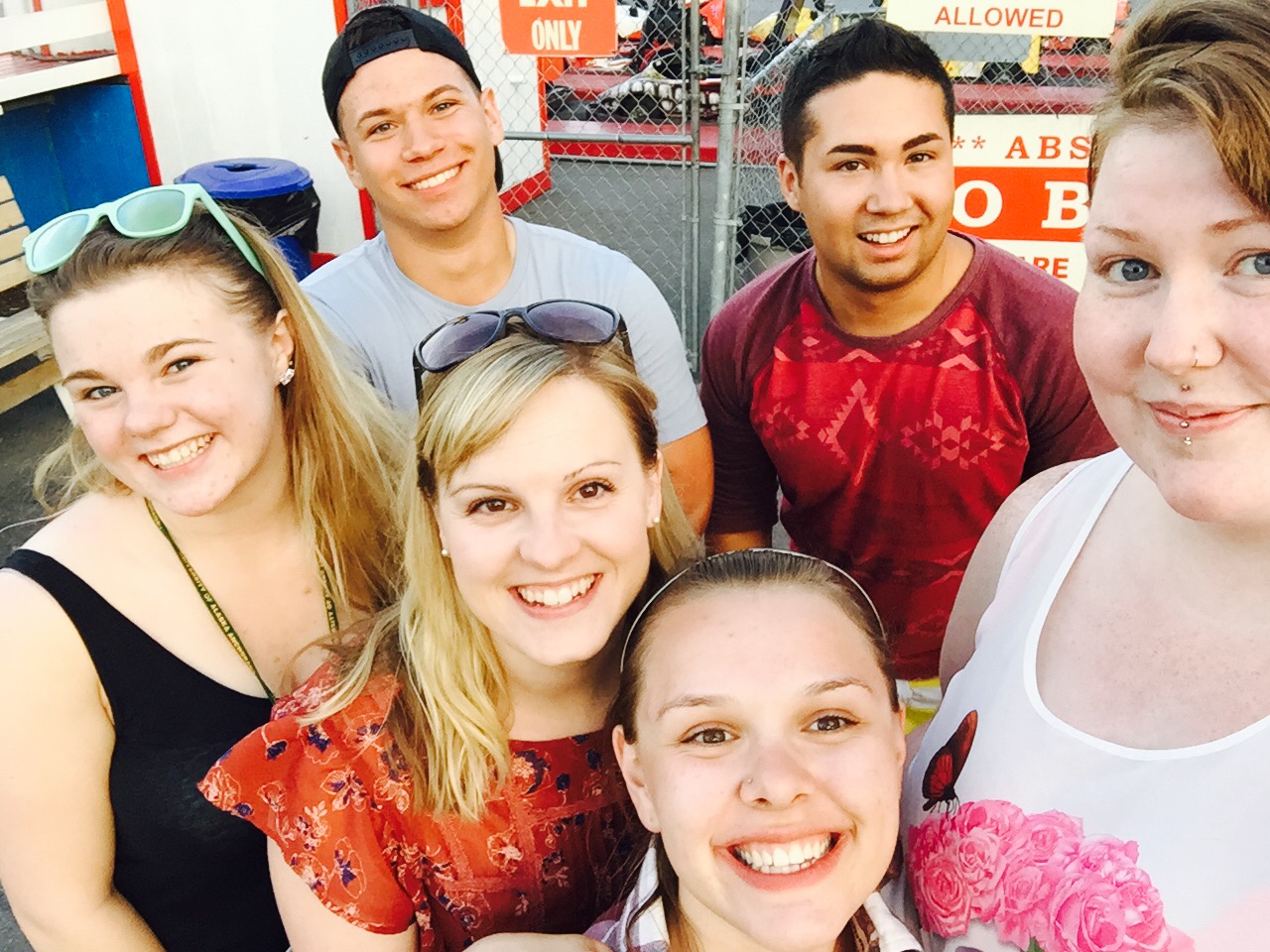
The Child Welfare Academy, in partnership with the Office of Children's Services Independent Living Program, offers support to current and former foster youth pursuing post-secondary education and training. Eligible current and former foster youth can apply to receive financial assistance toward their cost of attendance, college preparation, academic coaching, and information to access campus and community supports.
Financial assistance is limited to current and former foster youth who meet specific eligibility criteria. Foster youth can apply to receive the Education and Training Voucher and the University of Alaska Presidential Foster Youth Tuition Waiver. The Education Training Voucher (ETV) Program is a federally-funded, state-administered initiative to provide funding and support for post-secondary education. The state of Alaska has recognized the growing needs of this population and has increased support through various partnerships to meet the educational needs of youth in foster care.
Eligibility includes youth who are or were in foster care (out-of-home care) with a state or tribal entity on or after their 16th birthday and have not yet reached age 21, and who have completed a high school diploma or GED.
ETV offers financial assistance to eligible current and former foster youth to attend an accredited college, university, vocational or technical college. The maximum ETV award is $5,000. Awards are unique to each student and are based on the cost of attendance formula established by their college of choice. Students can utilize up to $5,000 per academic year (as long as youth are enrolled at least half time). This can cover the following school related expenses or those outlined in the institutions cost of attendance:
Once awarded, students must maintain good academic standing and meet their institutions Satisfactory Academic Progress Policy. Students should not expect ETV to cover their entire cost of attendance. ETV funds can be combined with other grants and scholarships to minimize or eliminate the need for student loans.
ETV ELIGIBILITY
Youth who are or were in foster care (out-of-home care) with a state or tribal entity on or after their 16th birthday and have not yet reached age 21.
*ETV Applications are due June 15th, for the following fall semester.

The University of Alaska offers 15 Presidential Foster Youth Tuition Waivers each year to eligible current and former foster youth. Presidential Foster Youth Tuition Waivers can be used toward the cost of tuition at any University of Alaska campus for up to 144 undergraduate credits within 6 years, not to exceed 10 semesters.
PTW Eligibility
Students should not expect ETV and/or Presidential Foster Youth Tuition Waiver to cover their entire cost of attendance. Youth applying to post-secondary education should seek additional grants and scholarships, and apply for the Free Application for Federal Student Aid (FAFSA) to secure additional funding as needed.
*PTW Applications are due June 15th for students planning to attend the following fall semester.
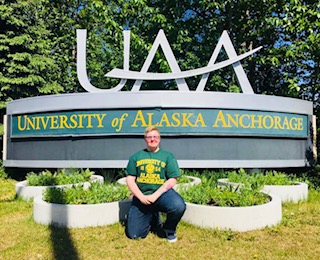
The annual Post-Secondary Education Conference is held each summer. College-bound foster youth from across Alaska are invited to to stay at the UAA Campus to learn about opportunities in higher education including
If you, or someone you know would like to apply for the Education and Training Voucher and/or Presidential Foster Youth Tuition Waiver, please contact the Child Welfare Academy for an application at uaa.cwa@alaska.edu
Youth directed programming allows young people to become self-advocates, support their peers, educate the community, and fully engage in their own individual goals as well as systems change. At OYE, we believe youth are the experts in their own experiences, and can shape the way our system serves families involved with child welfare throughout the state.
"I had always wanted to find a way to help others who shared my same fate. By joining this movement supporting youth and children in care, I was finally able to make a difference. I felt like I was part of a greater purpose."- Angel Gonzales, Former Foster Youth

A youth-driven statewide nonprofit that addresses the complex needs of foster youth throughout Alaska. FFCA consists of youth advocacy and mentoring programs that focus on the effective support, guidance and engagement of Alaska foster youth ages 15-24. FFCA works to ensure that our youth members develop essential skills and competencies in education, employment, housing and financial security, emotional resiliency, decision making, and interpersonal communication. FFCA programs include a Youth Leadership Board, peer support/leadership training, foster care education & advocacy, laptop distribution and youth representation on foster care coalitions.

Learn more about FFCA

Resources for Alaskan Foster Youth
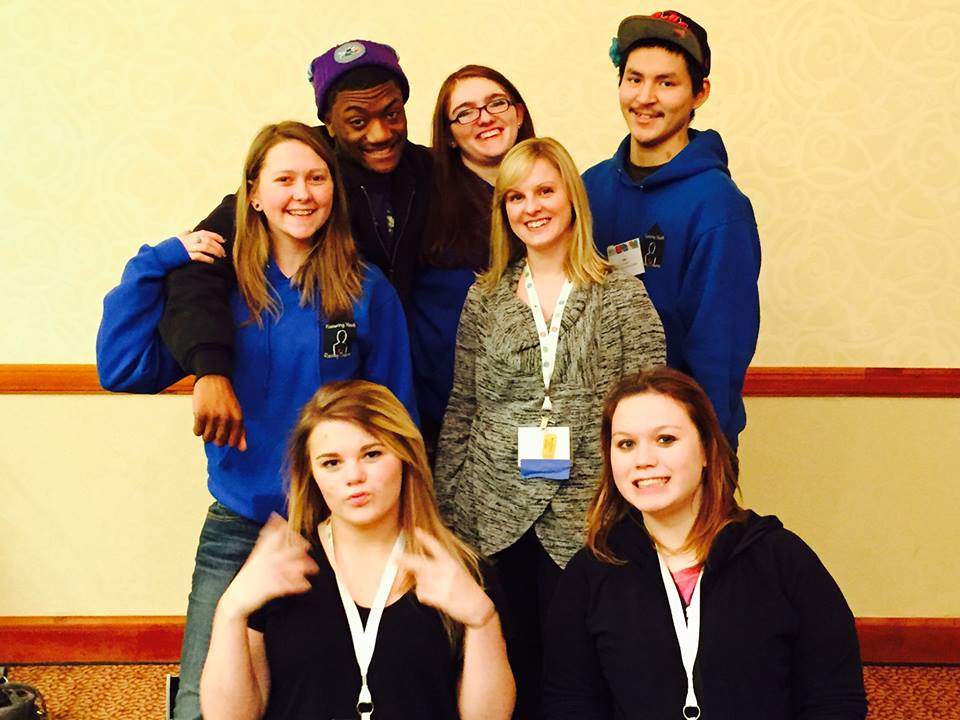
Foster youth may apply to receive a free laptop.
The Bureau professionally trains foster youth in facilitation, public speaking, leadership skills and training skills and coordinates foster youth presentations for child welfare staff, caregivers, legal parties and the community. Trainings offer expert knowledge of “lived” systems experiences and approaches to improving child welfare at the direct service and systematic levels.
